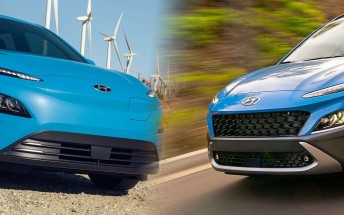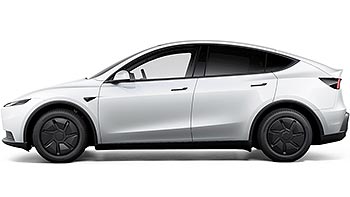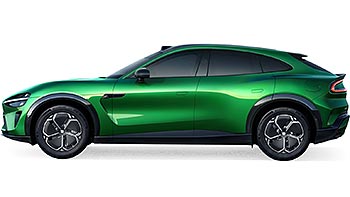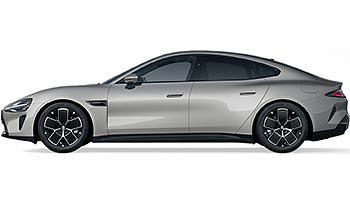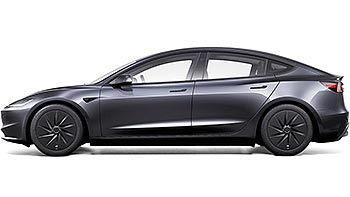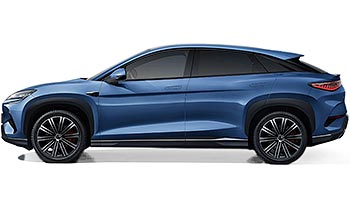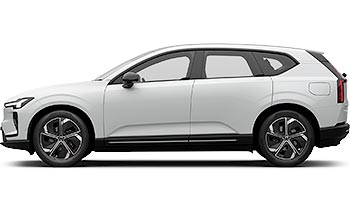California is the first US state to ban sales of gas-powered vehicles

The California Air Resources Board issued a new rule meant to speed up the shift to electric vehicles. The vote of the new legislation was unanimous and is hoped to have a huge impact on other states, with 15 already adopting California’s previous clean-car legislation.
According to the CARB, the transportation sector is the largest source of emissions in California. The state is currently suffering from the biggest fires ever recorded with droughts and highest air pollution on record. The new rule is hoped to help to reduce the pollution caused by cars and trucks by 50% in the next 18 years.
 New legislation won't improve the California traffic but it will reduce emissions
New legislation won't improve the California traffic but it will reduce emissions
The new policy bans sales of brand new gasoline-powered cars, it doesn’t ban owning them or buying and selling of used vehicles. On top of that up to 20% of plug-in hybrid vehicles will be allowed to be registered in the state by 2035.
The new legislation introduced staggered reduction of gasoline cars rather than cliff-edge cut off date. By 2026 at least 35% of all new cars sold in the state will have to be either powered by batteries or hydrogen. That number goes up to 68% by 2030.
The integral part of the new legislation is the additional help available to Californians for buying or leasing a new electric car. New initiative called Clean Cars 4 All will provide up to $9,500 to low-income drivers who scrap their old cars and purchase new, either low or zero-emissions vehicles.
 California will need plenty more charging stations to accommodate all those new EVs
California will need plenty more charging stations to accommodate all those new EVs
The Clean Vehicle Rebate Project will assist income-qualified drivers with $7,000 towards buying or leasing a new zero-emissions car. And finally the Clean Vehicle Assistance Program offers special financing and up to $5,000 help with down payment for low-income car buyers.
Zero-emissions cars represent 16% of all cars sold so far this year which is a huge improvement over the 12.41% registered for the whole of 2021. California has the most stringent car emissions controls in place thanks to a federal waiver under the Clean Air Act.
California was the first state to introduce tailpipe emissions standard back in 1966 and it claims a part in development of catalytic converters. The state’s ability to regulate its own air quality was briefly revoked by the Trump administration only to be reinstated earlier this year by President Biden.
 This will become a normal sight soon enough
This will become a normal sight soon enough
California has ambitious plans to be powered by 100% renewable energy no later than 2045. Major automakers admit it will be a challenge to meet the new requirements and it will depend on many factors that are out of their control. Inflation, supply chain issues, new EV charging infrastructure, battery minerals availability and the ongoing chip shortages all will affect the speed of transition.
Some environmentalists argued that the new legislation is too lenient and the targets should be much tougher. They were promoting a gasoline-powered car sales ban from 2030 but this would have been simply impossible to achieve.
A lot of changes are happening in the US - first the Inflation Reduction Act introducing new EV tax credit and now California introducing its own zero-emissions plan that is similar to the legislation in Europe. Other states will follow California as it seems there is no stopping the EV revolution.
Related
Reader comments
- Anonymous
Still DRE, Training days ? Back to Bow down when it comes to your town ? To live and die in LA.....!?
- 27 Aug 2022
- XV1










